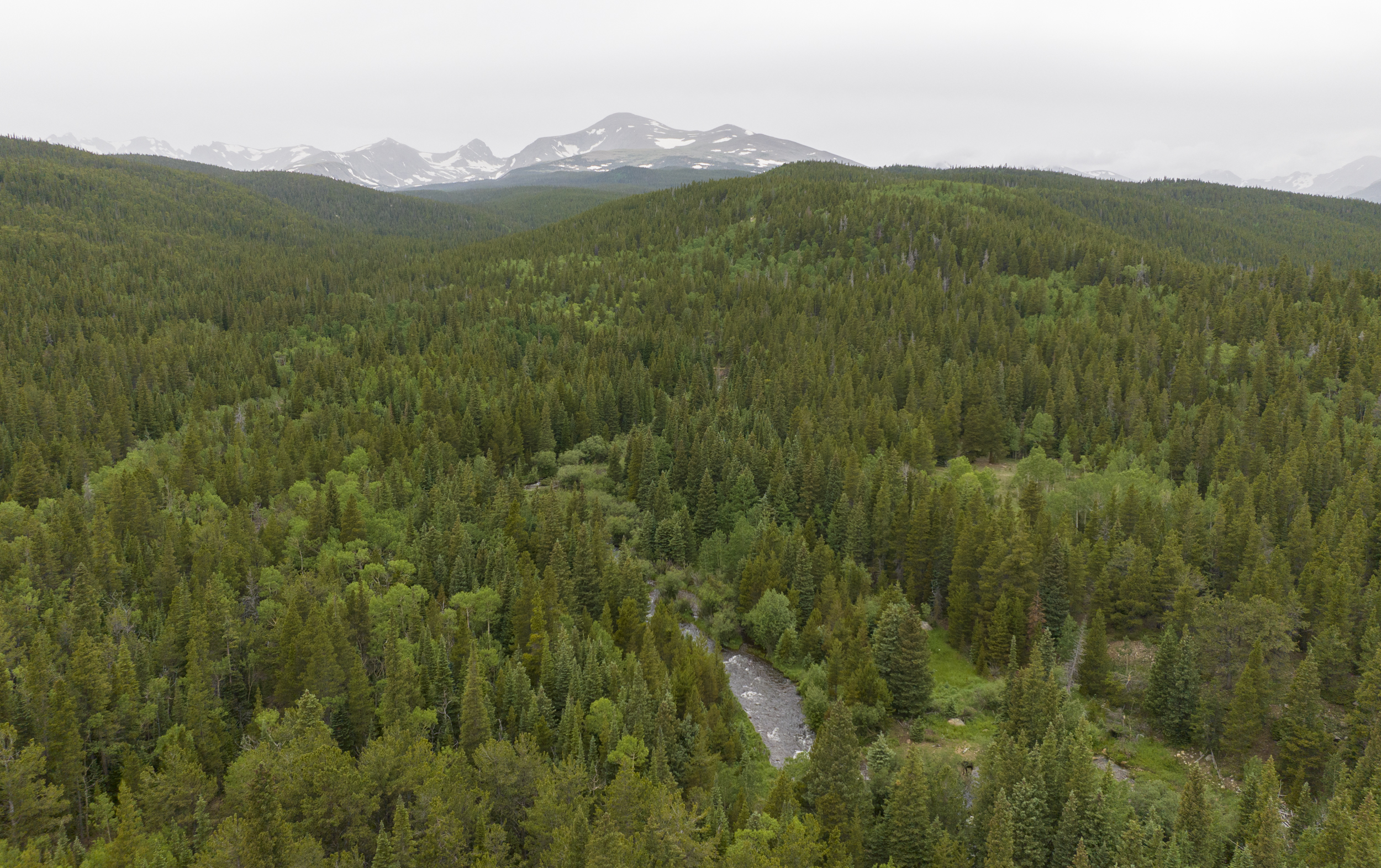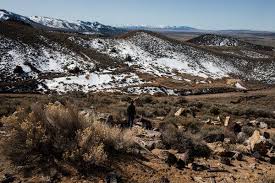The proposal to sell off more than 2 million acres of federal lands to states or other entities, spearheaded by Utah Republican Sen. Mike Lee, has sparked a contentious debate among policymakers and environmental advocates. Lee's budget proposal, included in the GOP's tax cut package, aims to transfer ownership of federal lands to local authorities for development and revenue generation, a move that has been met with both support and opposition within the Republican party.
The proposed land sales would affect 11 Western states, excluding Montana following objections from lawmakers. Critics argue that such sales would lead to the loss of public access to vital recreational areas and harm the Western economies that rely on public lands for tourism and outdoor recreation. Sen. Martin Heinrich, a Democrat, expressed concerns that the proposal could significantly impact people's ability to engage in activities like fishing, hunting, and camping.
While the specifics of the properties to be sold are not outlined in the proposal, it mandates the sale or transfer of a significant portion of U.S. Forest Service and Bureau of Land Management holdings. Sen. Lee emphasized that the sales would not include national parks, national monuments, or wilderness areas but would focus on "isolated parcels" suitable for housing or infrastructure projects.
Conservation groups have strongly opposed the proposal, viewing it as a threat to cherished public lands and a move that could fast-track the transfer of these lands to developers. They argue that the prioritization of land sales to fund tax cuts for the wealthy disregards the long-term environmental and economic impact of such actions.
The debate over the proposed land sales is part of a broader discussion on the management of federal lands and resources. The Trump administration's 2026 budget cuts for the Forest Service and Bureau of Land Management have raised concerns about the future of public lands management, conservation efforts, and wildfire prevention.
Forest Service Chief Tom Schultz highlighted the administration's focus on increasing timber sales, hazardous fuels removal, mineral extraction, grazing, and wildlife habitat management as key priorities. The budget cuts aim to empower states to play a greater role in managing forest lands within their borders, shifting responsibilities away from federal agencies.
The budget reductions for the Forest Service and other land management agencies have been met with criticism from lawmakers and environmental advocates. The cuts have raised questions about the long-term impact on conservation efforts, community partnerships, and public access to recreational resources.
Senators from both parties have expressed concerns about the proposed cuts and the potential consequences for public lands and communities that rely on them for economic and recreational purposes. The shift in funding priorities and the emphasis on resource extraction have sparked a broader conversation about the balance between conservation, development, and local control of federal lands.
As the debate continues, the future of federal land management and conservation efforts remains uncertain. The differing perspectives on the proposed land sales underscore the complex challenges facing policymakers as they grapple with balancing economic development, environmental protection, and public access to natural resources in the Western United States.



